Defense Secretary Pete Hegseth was swiftly fact-checked after he claimed in a post on X that he'd ended the "woke" Women, Peace & Security (WPS) program because it was an initiative created by the Biden administration.
For the political right, "wokeness" or "wokeism" generally refers to a left-leaning perspective that acknowledges the widespread existence of racism, sexism, and other forms of discrimination in American society.
Advocates of this viewpoint assert that addressing these systemic biases requires ongoing vigilance and policies that consider identity and historical disadvantages. However, conservatives often employ the term "woke" to criticize a broader spectrum of liberal ideas that they perceive as detrimental to historically privileged groups, meritocracy, and religious freedom.
That was certainly on Hegseth's mind when he wrote:
“This morning, I proudly ENDED the ‘Women, Peace & Security’ (WPS) program inside the [Defense Department]. WPS is yet another woke divisive/social justice/Biden initiative that overburdens our commanders and troops — distracting from our core task: WAR-FIGHTING."
"WPS is a UNITED NATIONS program pushed by feminists and left-wing activists. Politicians fawn over it; troops HATE it. DoD will hereby executive the minimum of WPS required by statute, and fight to end the program for our next budget."
"GOOD RIDDANCE WPS!"
You can see his post below.
But there's a major problem with Hegseth's claim: It was President Donald Trump—not former President Joe Biden—who signed the Women, Peace and Security Act into law in October 2017, following bipartisan support in Congress.
The legislation, rooted in a United Nations initiative, gained strong backing on Capitol Hill. Then-Representative Kristi Noem, now Homeland Security Secretary, was one of its original authors, and current Secretary of State Marco Rubio co-sponsored the Senate version.
Rubio recently highlighted the law as “the first comprehensive law passed by any country anywhere in the world” aimed at protecting women and promoting their participation in society. Two years after its passage, the Trump administration released a strategy to implement the initiative across the U.S. government.
But such an initiative is contrary to Hegseth's own views given he's previously asserted "we shouldn't have women in combat roles" and that "our institutions don't have to incentivize that in places where traditionally, not traditionally, over human history men in those positions are more capable."
Hegseth was swiftly called out.
Hegseth's move is the latest against anything involving diversity, equity, and inclusion (DEI) efforts. The military faced criticism in March for flagging 26,000 images for removal due to DEI; among them were images of the Enola Gay, which dropped the world's first atomic bomb.
The bulk of the Pentagon’s content purge overwhelmingly targets women and minorities, erasing notable milestones and achievements in military history.
In some instances, images appeared to be flagged solely because the word “gay” appeared in their file name — including photos of service members with that last name and an image of the Enola Gay, the B-29 bomber that dropped the first atomic bomb on Hiroshima during World War II.
Additionally, some photos of the Tuskegee Airmen—the nation’s first Black military pilots who served in a segregated unit during World War II—were included in the database. However, these images are likely to be preserved due to their historical significance.

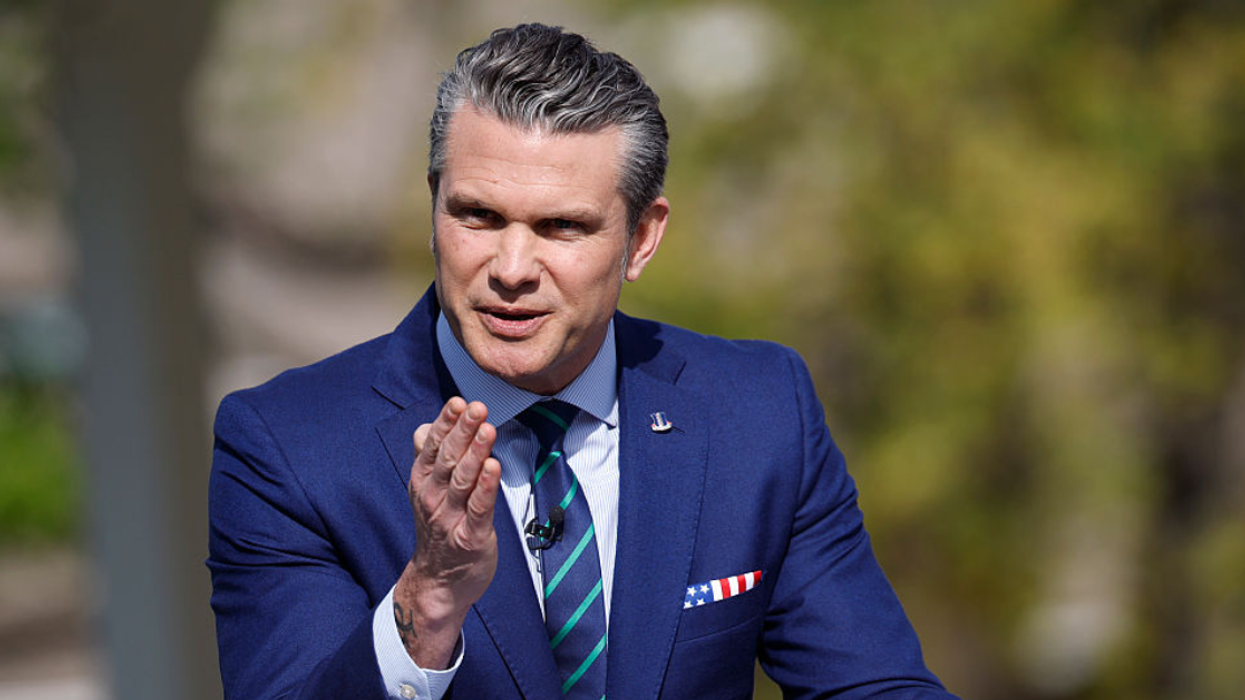


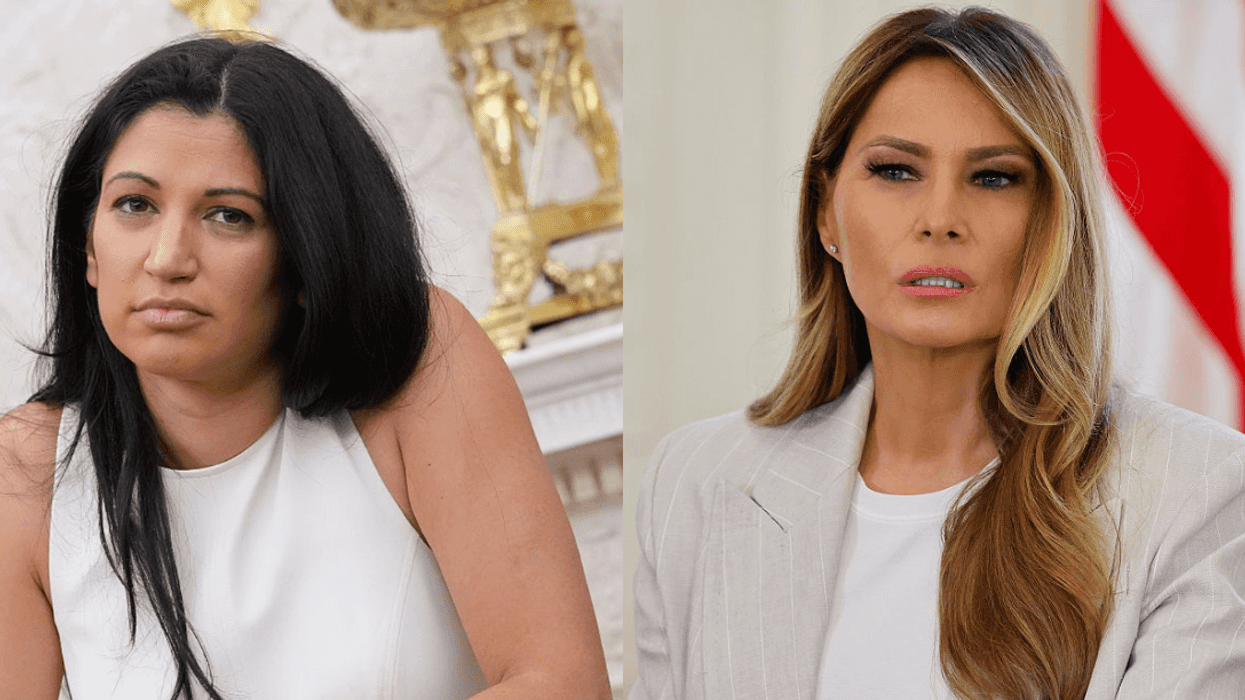



 @NICKIMINAJ/X
@NICKIMINAJ/X
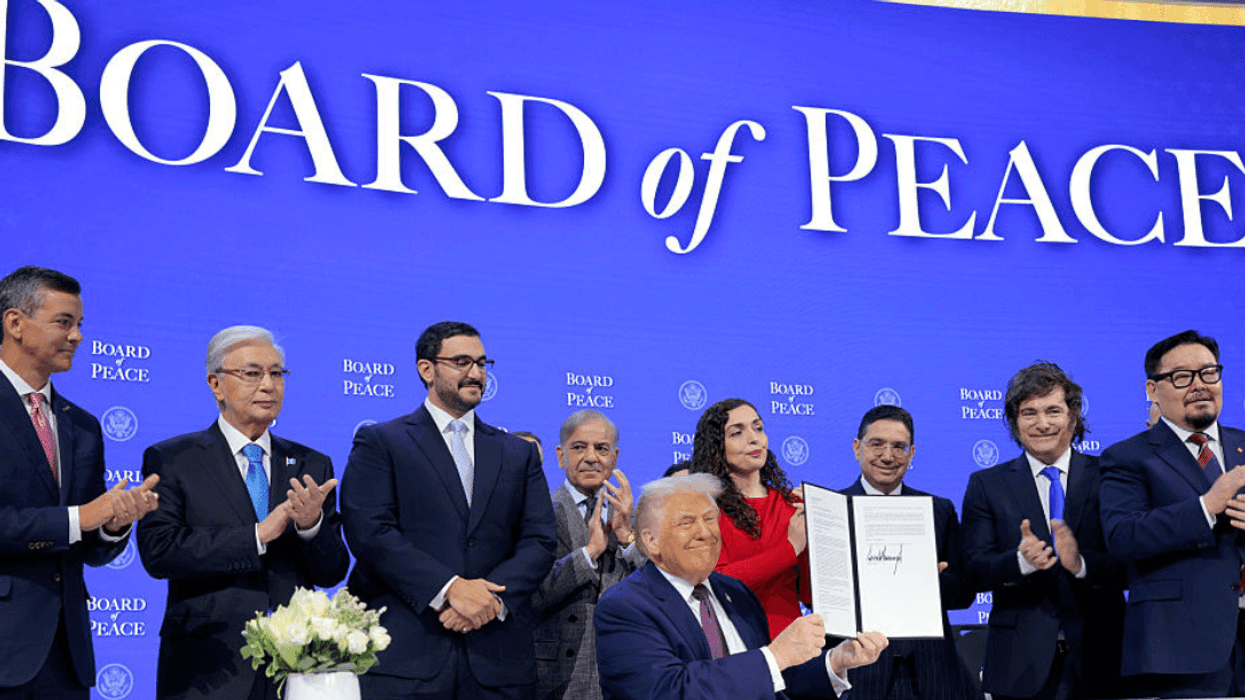




 Red Carpet Picture GIF by Robert E Blackmon
Red Carpet Picture GIF by Robert E Blackmon  Black Friday Christmas GIF by Target
Black Friday Christmas GIF by Target  The Office Boss GIF
The Office Boss GIF  Stay Single Animation Domination GIF by gifnews
Stay Single Animation Domination GIF by gifnews  Season 1 Wedding GIF by NBC
Season 1 Wedding GIF by NBC 
 @kellymengg/TikTok
@kellymengg/TikTok @kellymengg/TikTok
@kellymengg/TikTok @kellymengg/TikTok
@kellymengg/TikTok @kellymengg/TikTok
@kellymengg/TikTok @kellymengg/TikTok
@kellymengg/TikTok @kellymengg/TikTok
@kellymengg/TikTok @kellymengg/TikTok
@kellymengg/TikTok @kellymengg/TikTok
@kellymengg/TikTok @kellymengg/TikTok
@kellymengg/TikTok @kellymengg/TikTok
@kellymengg/TikTok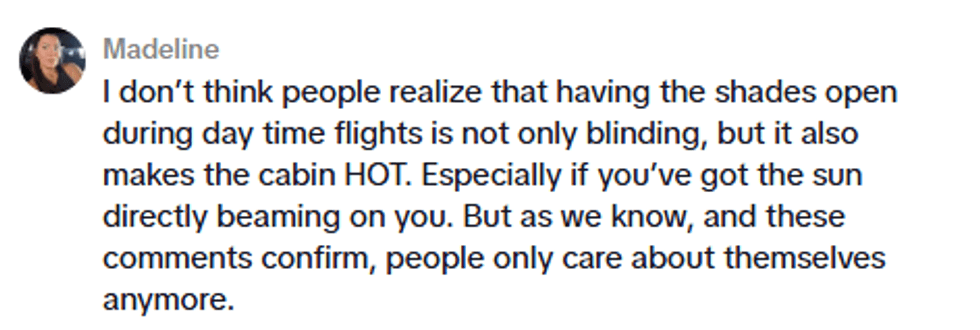 @kellymengg/TikTok
@kellymengg/TikTok @kellymengg/TikTok
@kellymengg/TikTok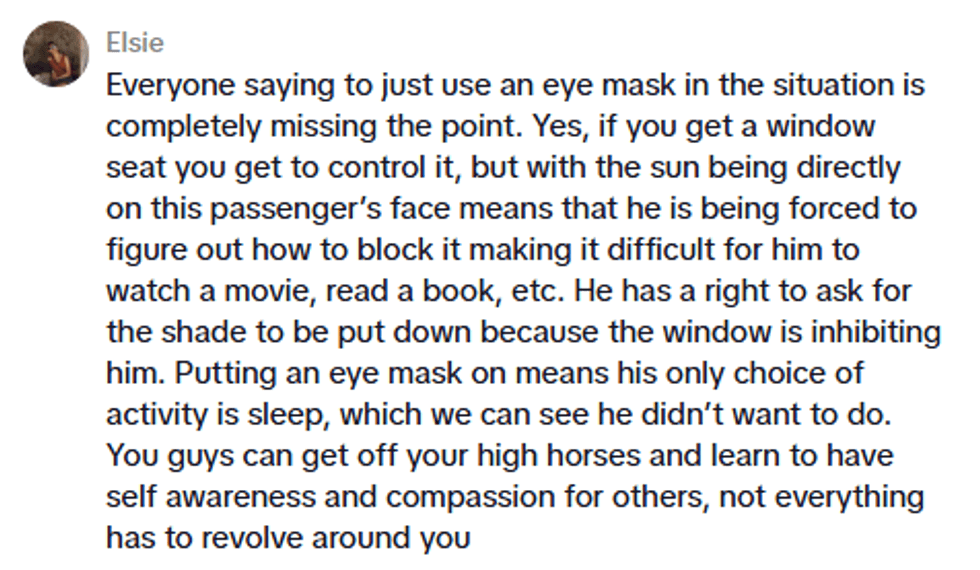 @kellymengg/TikTok
@kellymengg/TikTok @kellymengg/TikTok
@kellymengg/TikTok @kellymengg/TikTok
@kellymengg/TikTok
 Christina Lorey/Facebook
Christina Lorey/Facebook Barry Novak/Facebook
Barry Novak/Facebook Mary Schroeder/Facebook
Mary Schroeder/Facebook Ben Kayser/Facebook
Ben Kayser/Facebook @danobears/Threads
@danobears/Threads
 @falkthisnonsense/Threads
@falkthisnonsense/Threads @barrypiatoff/Threads
@barrypiatoff/Threads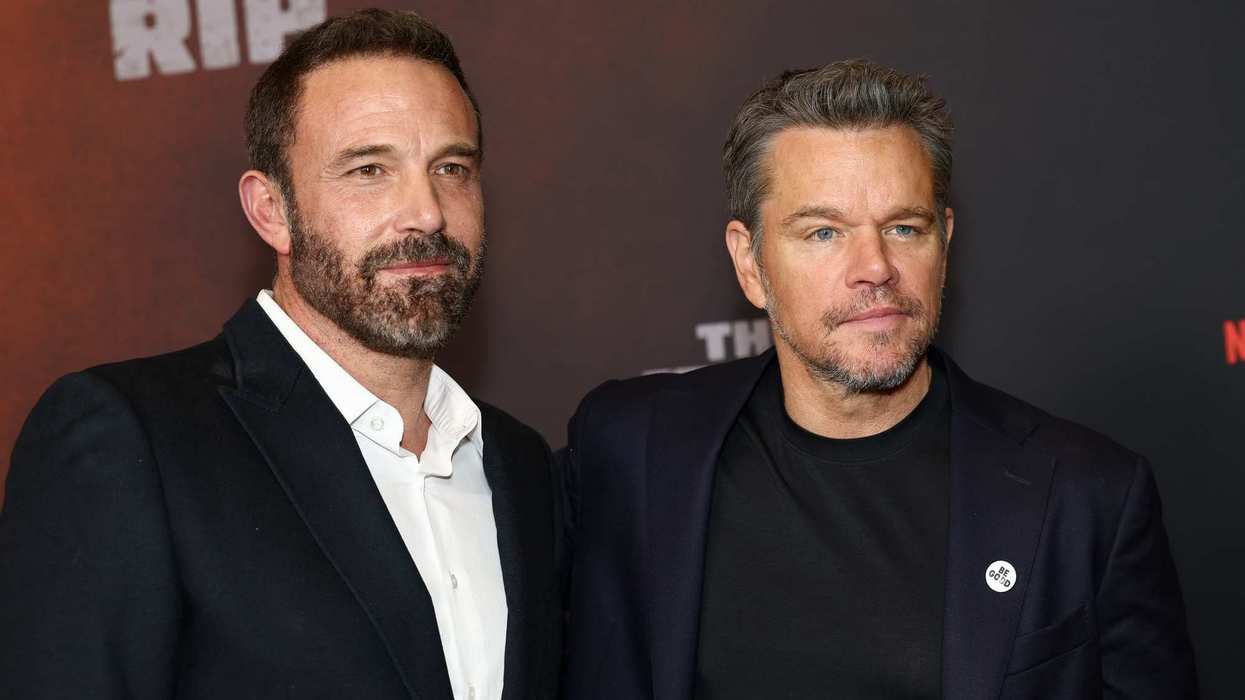
 @sareineity/TikTok
@sareineity/TikTok @jackb7730/TikTok
@jackb7730/TikTok @theboywanders/TikTok
@theboywanders/TikTok @george199013/TikTok
@george199013/TikTok @mrtempoe/TikTok
@mrtempoe/TikTok @soxfanchris/TikTok
@soxfanchris/TikTok